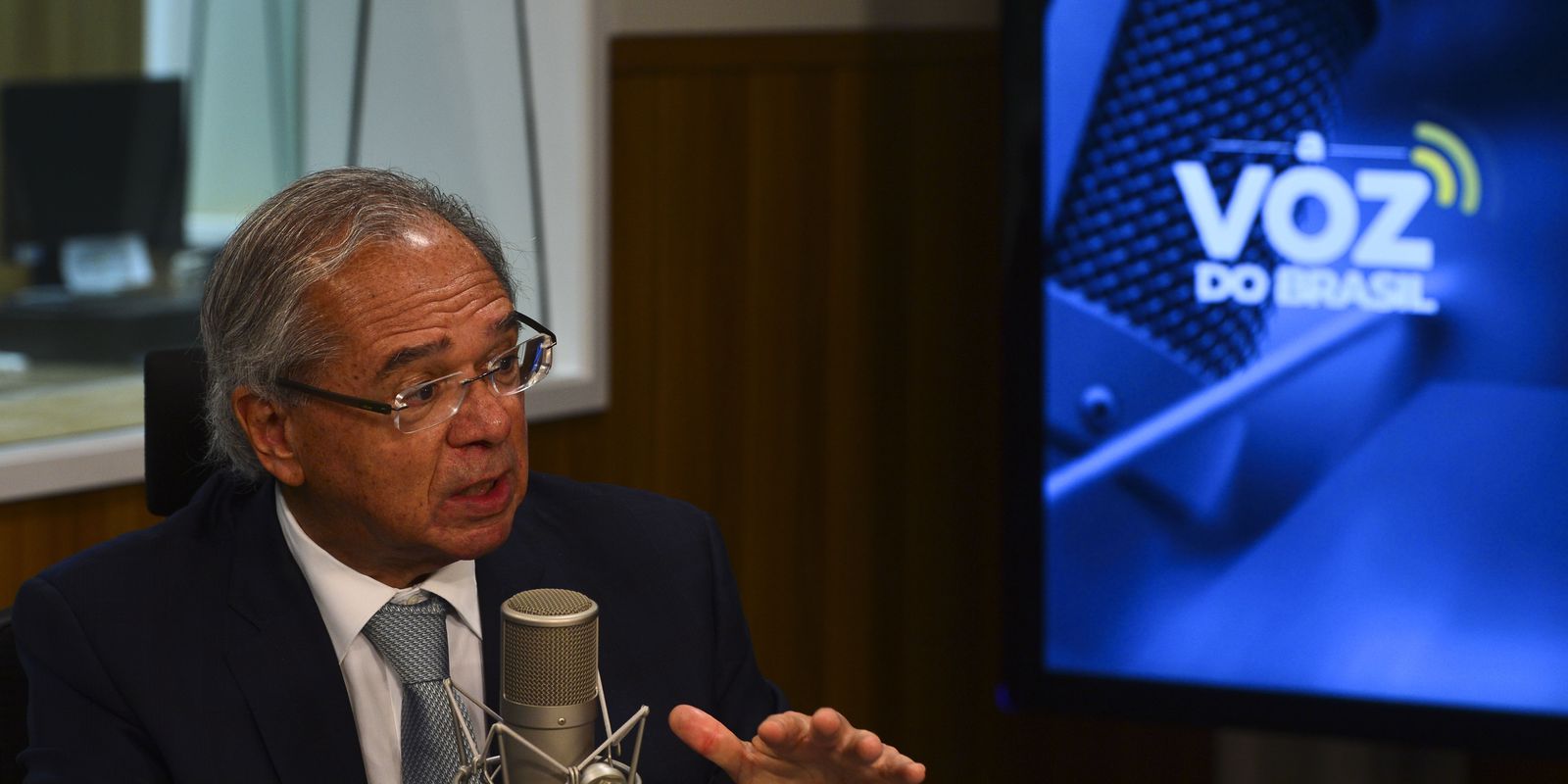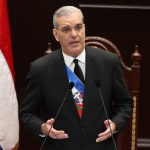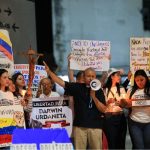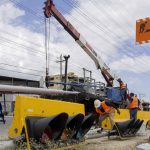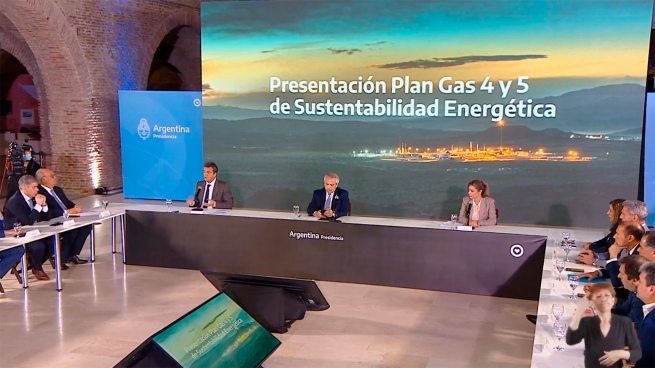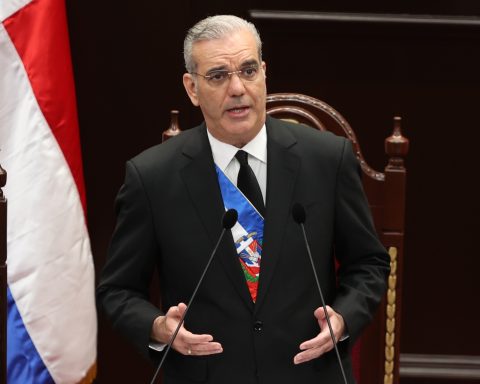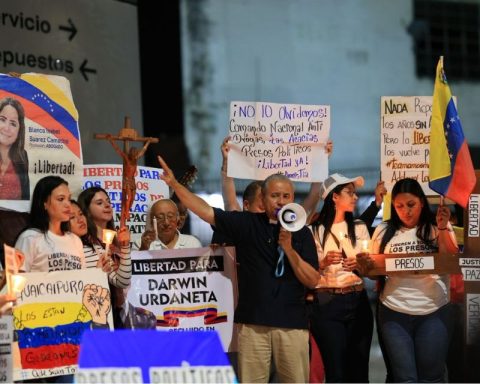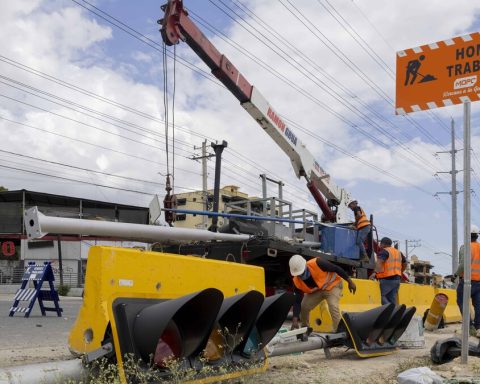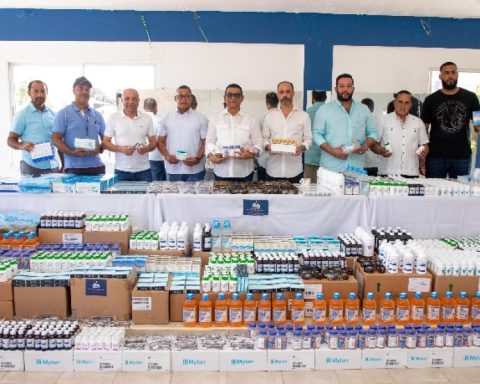The Minister of Economy, Paulo Guedes, speaks today (15), in an interview with the program The Voice of Brazilon the post-pandemic economic recovery, the generation of jobs in the formal and informal market and the positioning of Brazil in the world economic scenario.
On unemployment, Paulo Guedes anticipated that Brazil should end 2022 with the lowest unemployment rate in the last 15 years – around 8%. The minister also said that another historic milestone was reached in 2022: for the first time, Brazil has 100 million people employed. “All sectors, in all regions, created jobs”, he added.
According to the minister, the government had anticipated that the results indicated at the beginning of 2022 were below expectations and that growth would occur. “We had warned that the Brazilian economic policy of [seria de] reaction – first the pandemic, maintaining structural reforms, preserving jobs, saving lives, vaccinating the population – that this would have an effect. We fell a lot less than the other economies,” he explained.
“They said that Brazil would fall 10%. In fact, all advanced countries ended up falling more than Brazil. England fell 9.7%; Italy fell 8.7%; France, 7.6%, Germany, 5.6%; Japan, 4.5% and Brazil fell 3.9%”, said Guedes when defending the so-called “V-shaped recovery strategy”, which means a sudden and sharp movement of economic decline followed by sharp and equally fast growth.
Paulo Guedes stated that more optimistic economic estimates point to a total inflation of 6.5% per year in 2022. “Brazil is growing faster and inflation is being revised downwards. There is already talk of 6.5%. For the first time, we will have lower inflation than the United States, England and all these countries [desenvolvidos]. So Brazilians, be proud,” she said.
social programs
The Minister of Economy justified the creation of emergency aid and stressed the importance of government intervention in a crisis scenario. According to Guedes, the creation of emergency aid was a “first line of defense” against the economic impacts that the restriction of activities would have on the economy, especially for the vulnerable strata and for informal workers. “The first line of defense was precisely to protect the most vulnerable. We anticipated the payment of pensions and bonuses for the elderly, while creating emergency aid for 68 million Brazilians.”
Impacts of inflation
Regarding the outlook for inflation and the views he classified as “pessimistic” in the face of the 2022 recovery scenario, Paulo Guedes explained that the natural reflection of the injection of high volumes of money without the due increase in production in the country inevitably generates high inflation, something that was noticed around the world as a result of the covid-19 pandemic and the economic measures taken because of the health emergency.
“People at home. Production retracted. At the same time, we had to inject resources into the economy for people to survive. Then prices started to rise,” Guedes said.
At the same time, explained the minister, the Central Bank had just gained autonomy. The government decided that it would not readjust the salaries of more stable categories with greater gains, such as civil servants. “The contribution of the Brazilian civil service was very important, which was exemplary: they knew they had much higher salaries, they knew they had stability, they made home officeso it was only fair that their contribution was not to have this salary increase.”
Investment resumption
According to Guedes, another decisive pillar in the government’s economic policy was the simplification and reduction of bureaucracy in regulatory frameworks, which were seen as an obstacle to the performance of commercial activities and the creation of new ventures.
According to the minister, investments in telecommunications, cabotage transport, in the electricity sector, basic sanitation and other sectors are a direct result of the simplification of current laws, which made investment simpler “All this has an effect. It’s all coming your way. That’s why inflation [do Brasil] has already started to go down while it is going up everywhere else in the world.”
government surplus
Brazil has around R$ 900 billion on order in concessions and privatizations for the next few years, said the minister, informing that, for the first time, the federal government will have a year of surplus in the accounts.
Guedes stressed the importance of partnerships and concessions that transform the private sector into a government “partner” to generate development. Among the examples cited by Guedes, gas transmission lines from Petrobras and the distributor BR. “We took these companies and sold the non-essentials.”
According to the minister, the choice was made to use the funds raised by privatizations so as not to throw the cost of aid into the future. “The other way is to get into debt, throw the account for the future. Who will pay are our children and grandchildren. The president’s decision was ‘we are going to pay for this war’. When it comes to an end, we pay for the war ourselves.” The minister also stressed that the country’s debt level remains stable, even after the injection of aid resources.
“We are increasing investments to bring a whole new business middle class to everyone. Small shops, small businesses, small fairs. We have more than 14 million new entrepreneurs – this generates employment and creates wealth in the country,” she argued.
